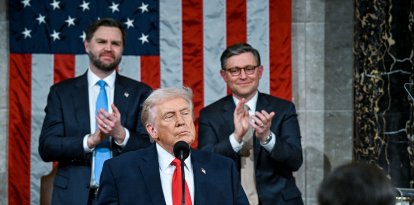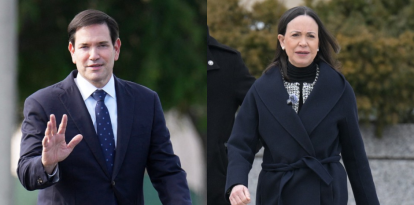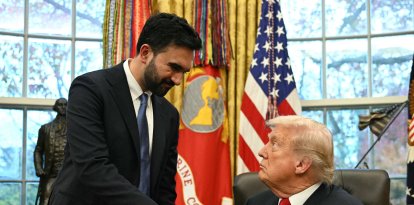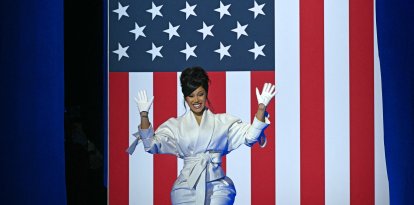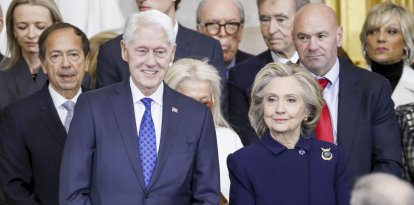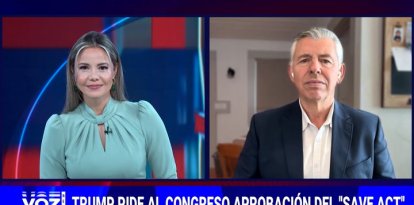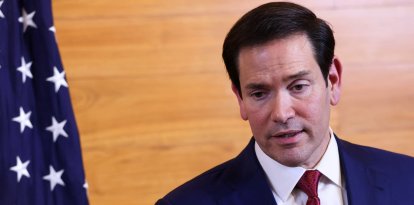Supreme Court
Supreme Court rules in favor of Biden administration Covid-era social media censorship case
The federal government contacted X, Google and Facebook companies to request they moderate pandemic-related content, under the guise of combating misinformation.

The Supreme Court of the United States
The Supreme Court of the United States (SCOTUS) ruled in favor of the Biden administration in a case alleging pressure on online platforms to control content during the COVID-19 era. The Court determined that the states suing the administration lacked standing.
The SCOTUS justices voted 6-3 in favor of dismissing the indictment. Samuel Alito, Clarence Thomas and Neil Gorsuch were opposed.
In July 2023, the attorneys general of Missouri and Louisiana accused senior federal government officials of collaborating with major social media companies "under the guise of combating misinformation," which ultimately led to censorship of speech on topics such as Hunter Biden's laptop, the origin of COVID-19 and the efficacy of face masks.
Prior to SCOTUS taking the case, a lower court had barred several White House officials from interacting with companies such as Google, Facebook and X about content moderation. The court's latest decision overturns that ban.
Supreme Court Justice Amy Coney Barrett wrote the majority verdict. She claimed that "plaintiffs, without any concrete link between their injuries and defendants' conduct, ask us to conduct a review of years-long communications between dozens of federal officials, across different agencies, with different social media platforms, on different topics."
Judge Alito sharply criticized the decision of his peers and stated that the federal government's action is an attack on the First Amendment. Alito added that the officials' actions in the case were “blatantly unconstitutional, and the country may come to regret the Court’s failure to say so [...] Purely private entities like newspapers are not subject to the First Amendment … But government officials may not coerce private entities to suppress speech," he wrote.













